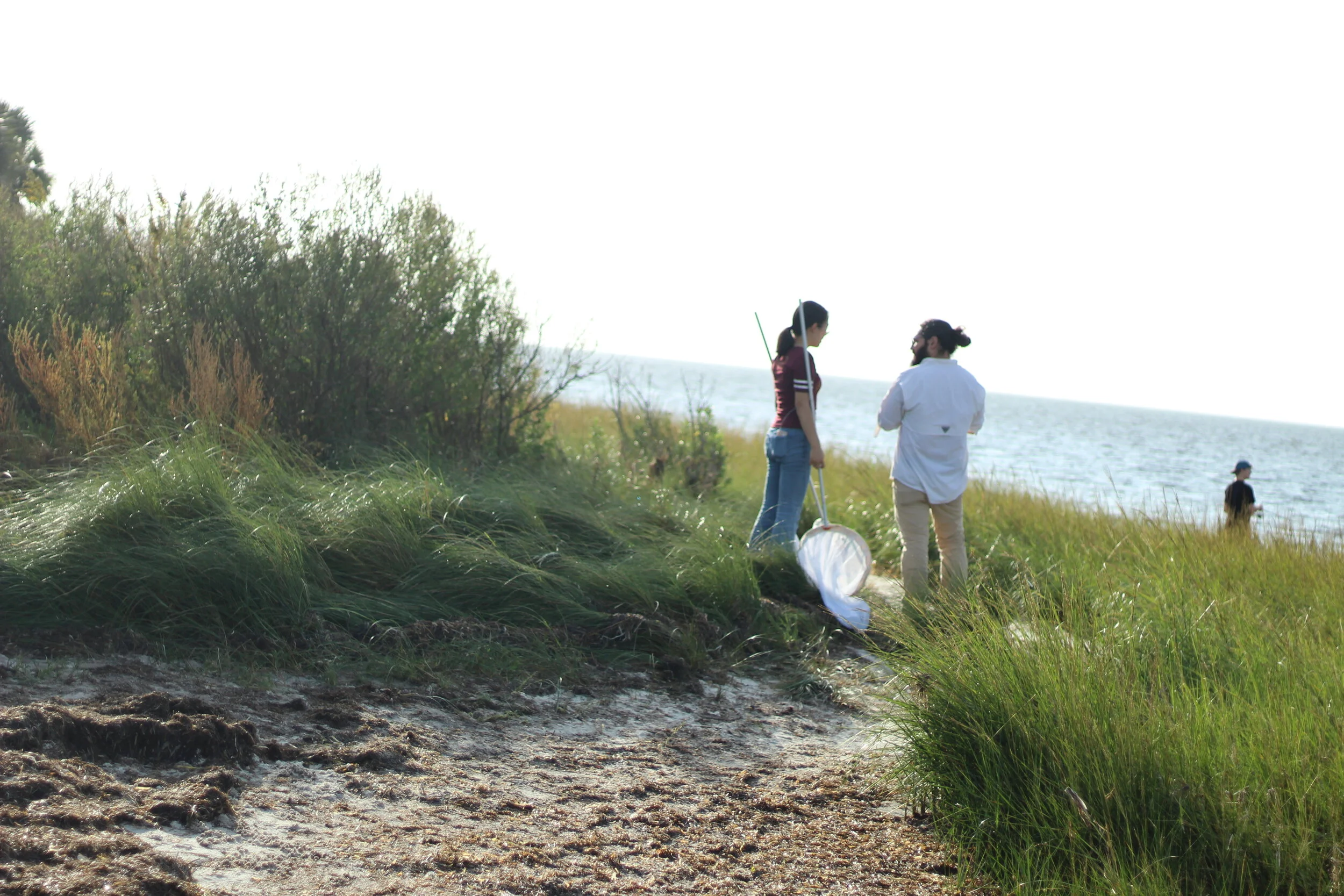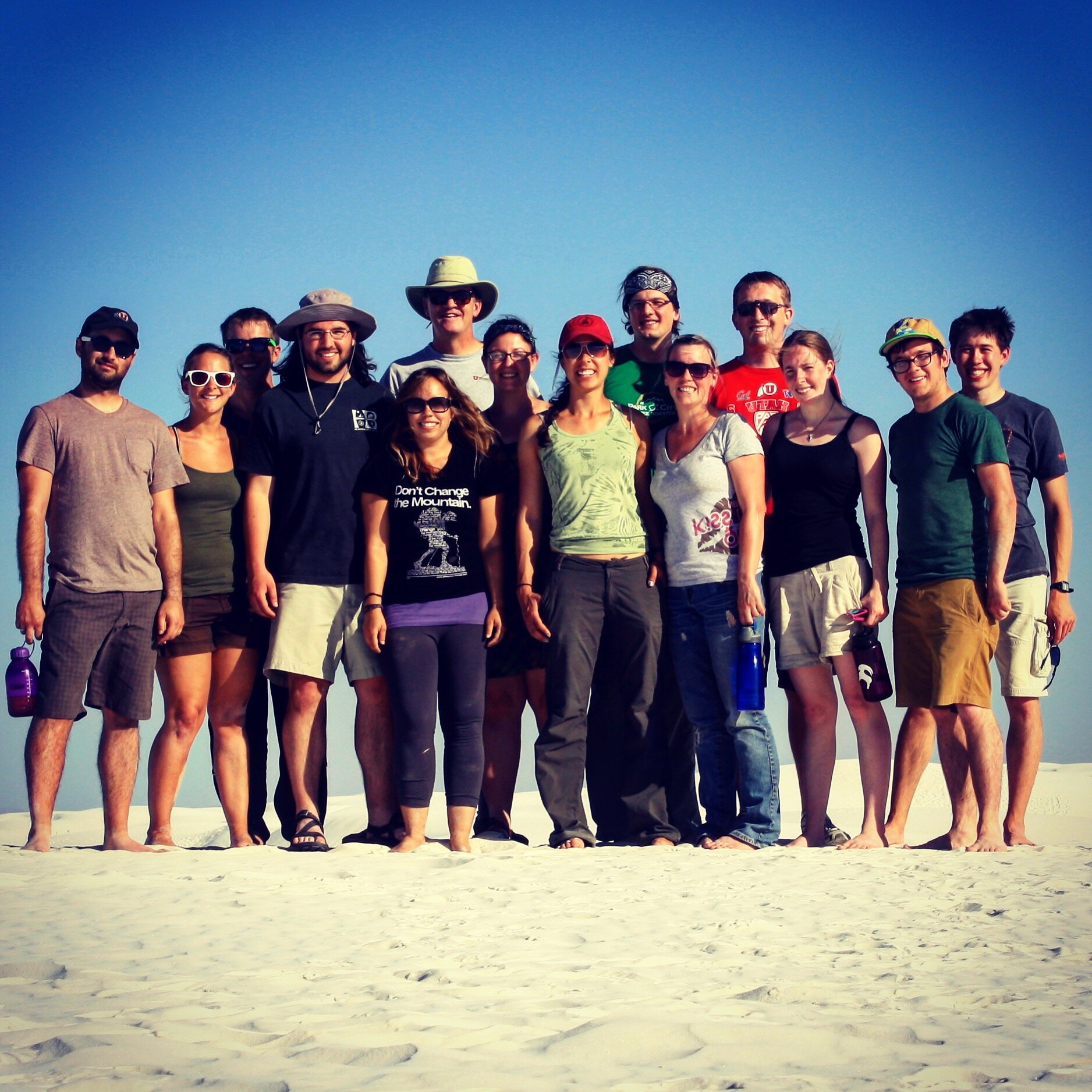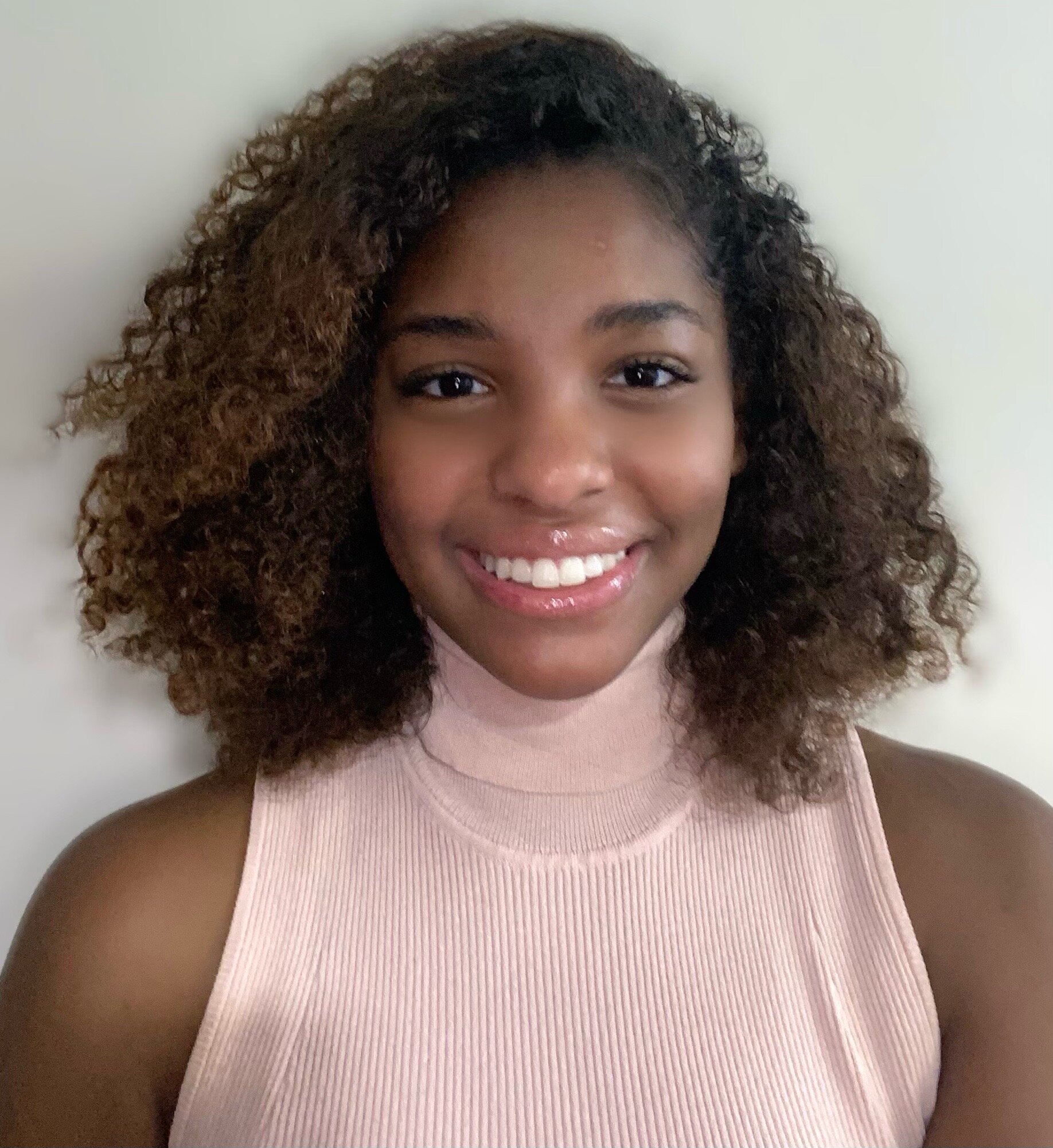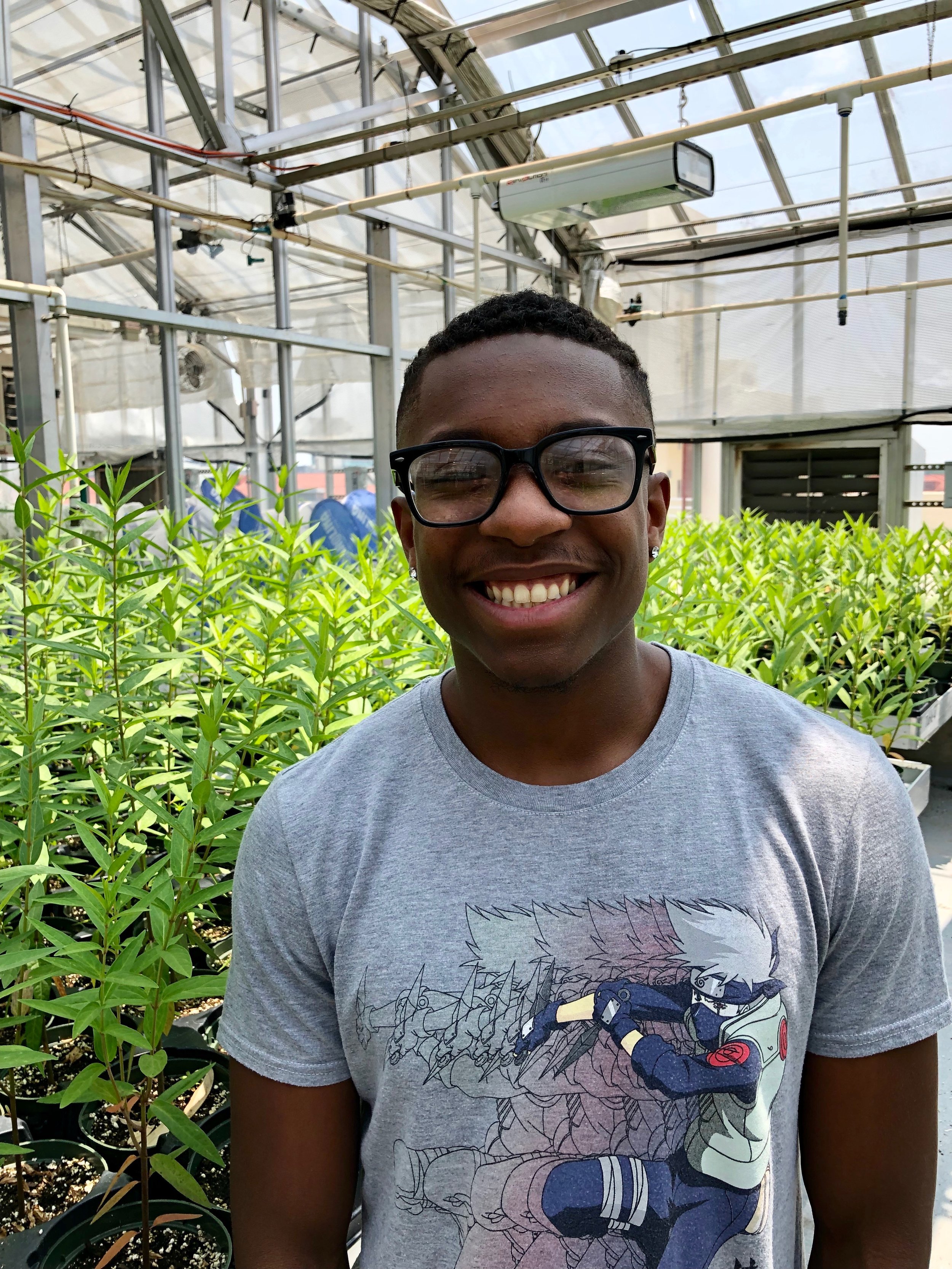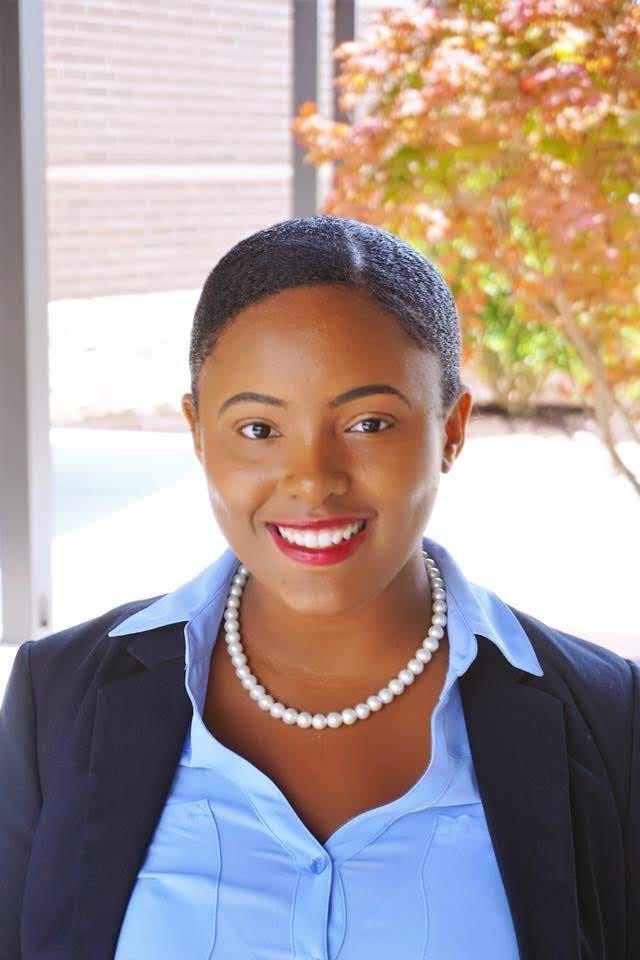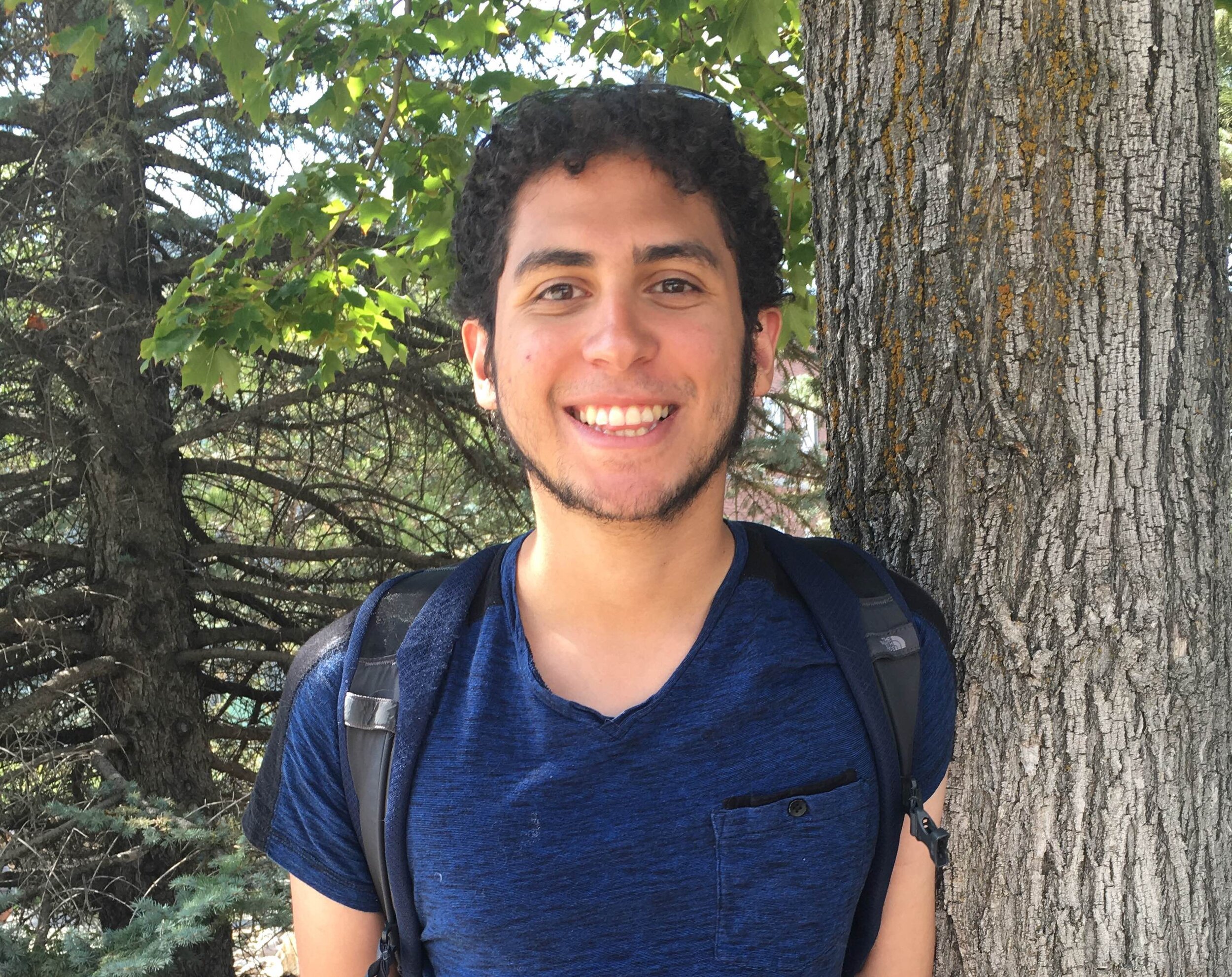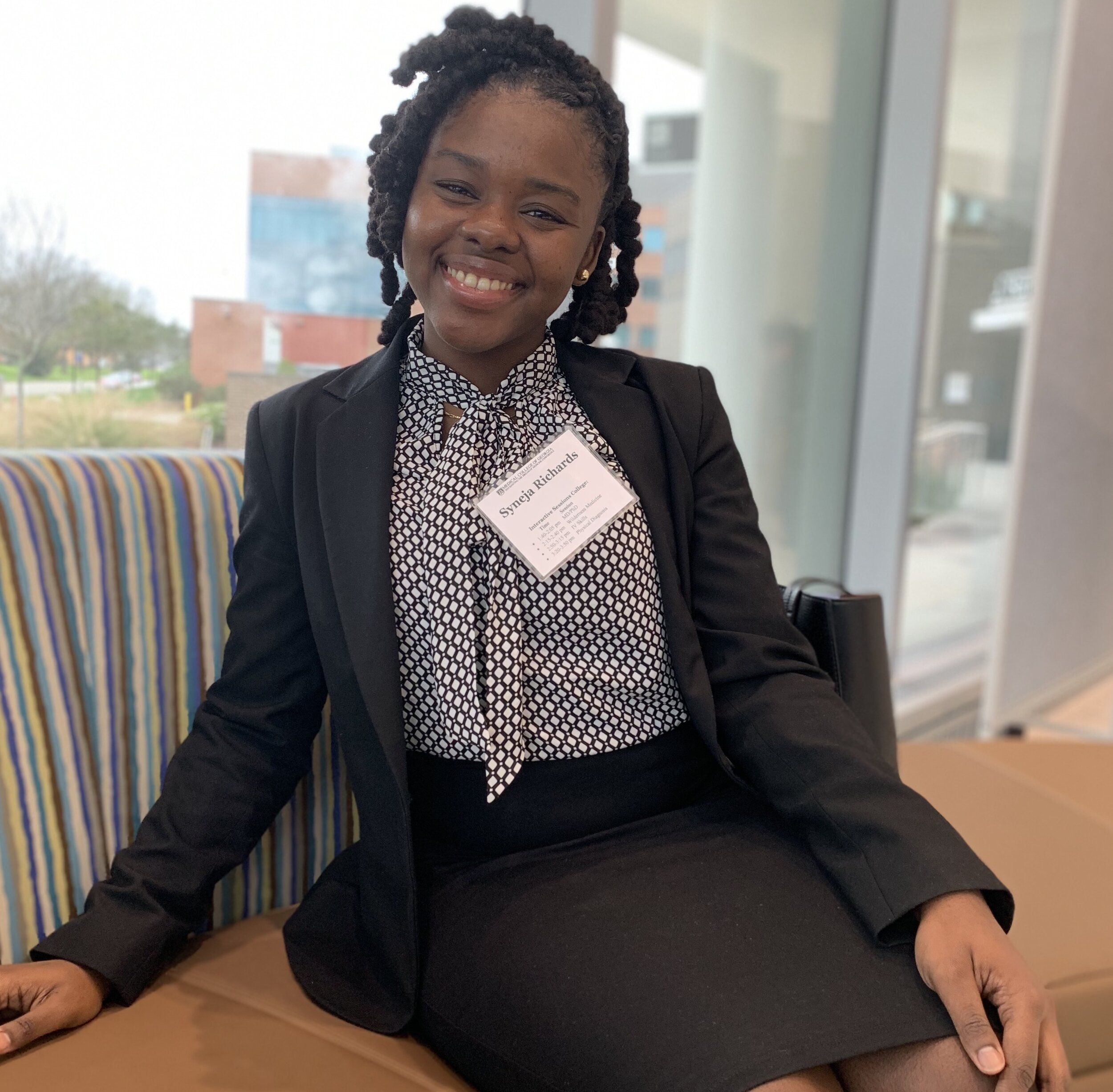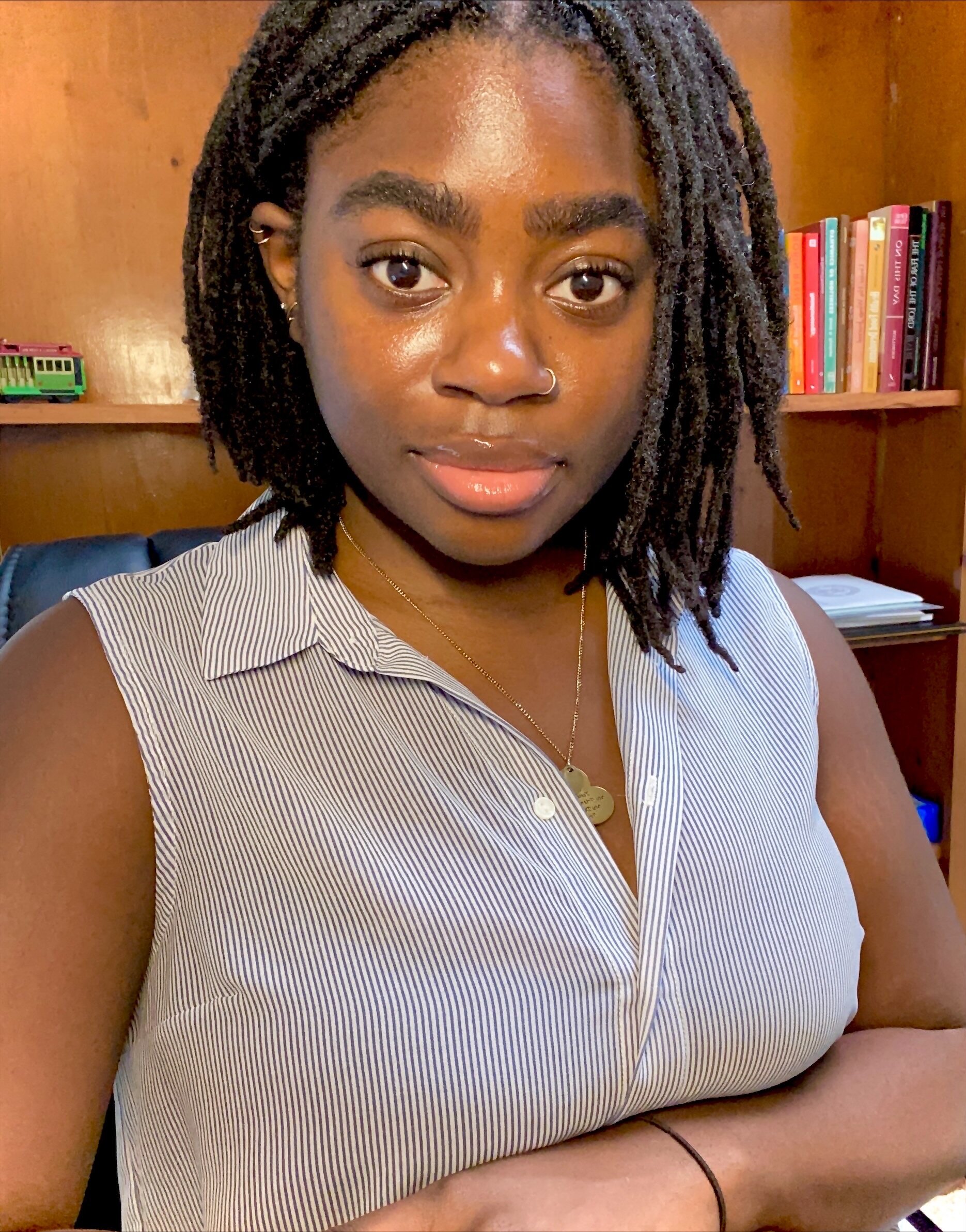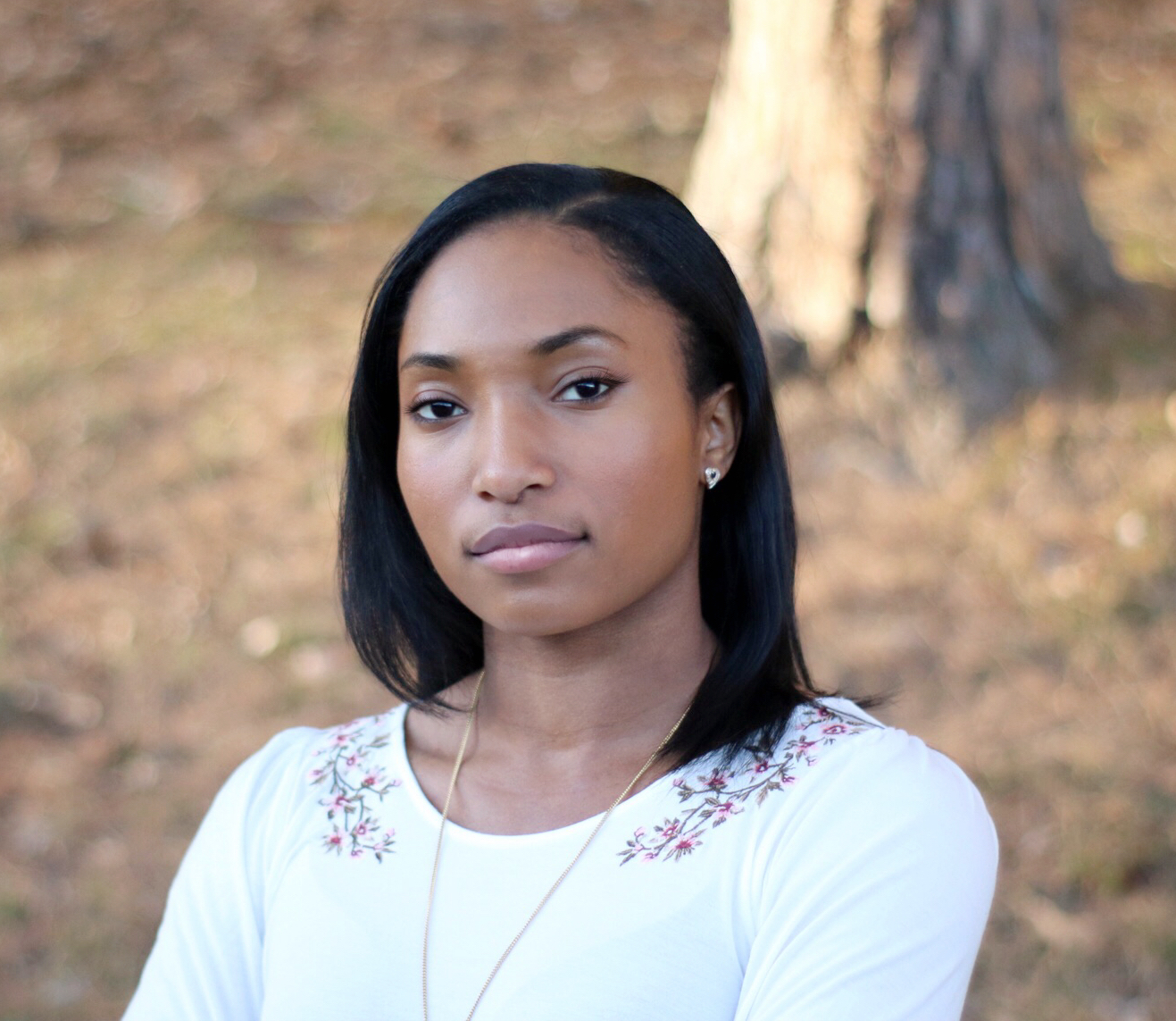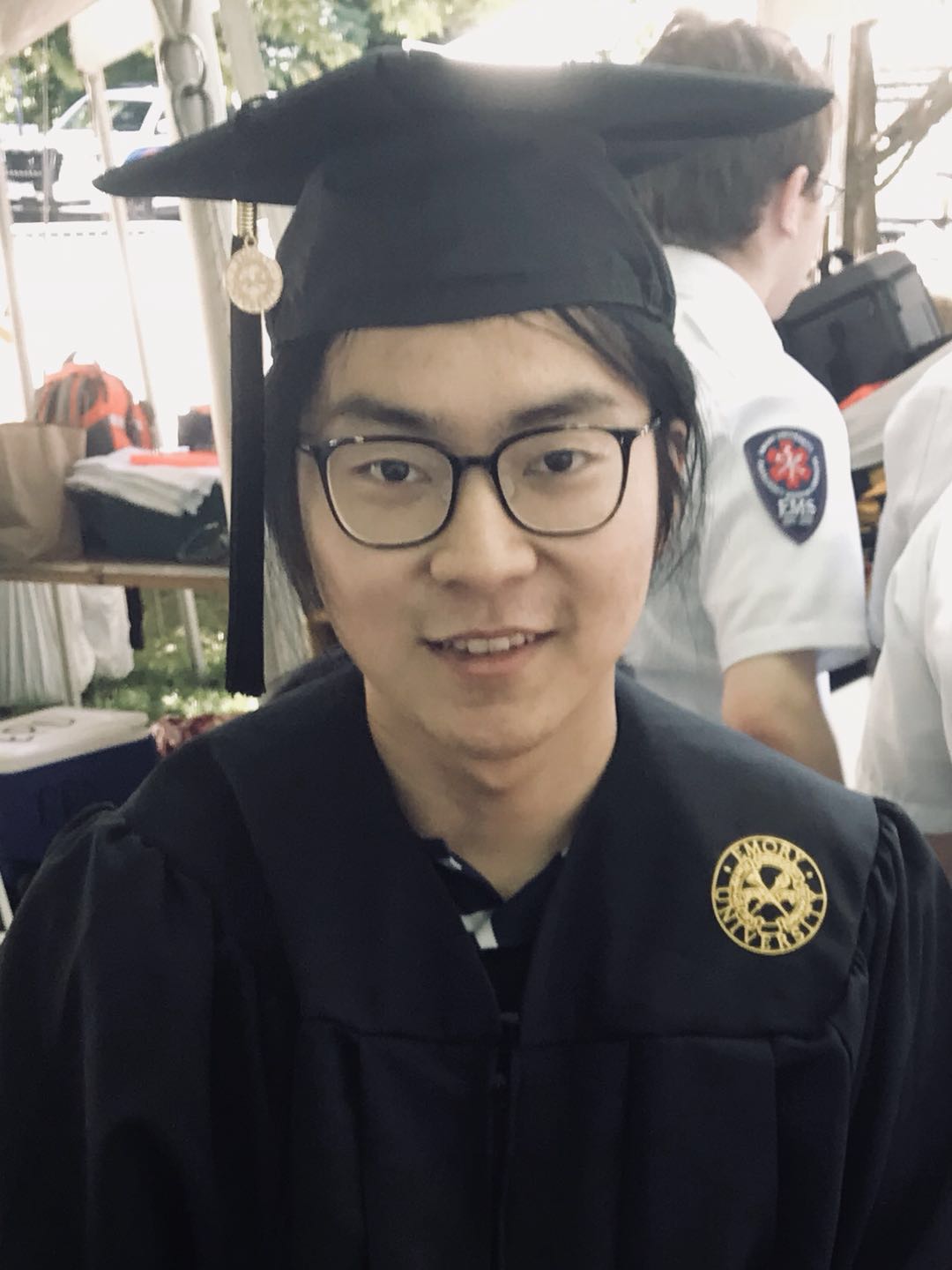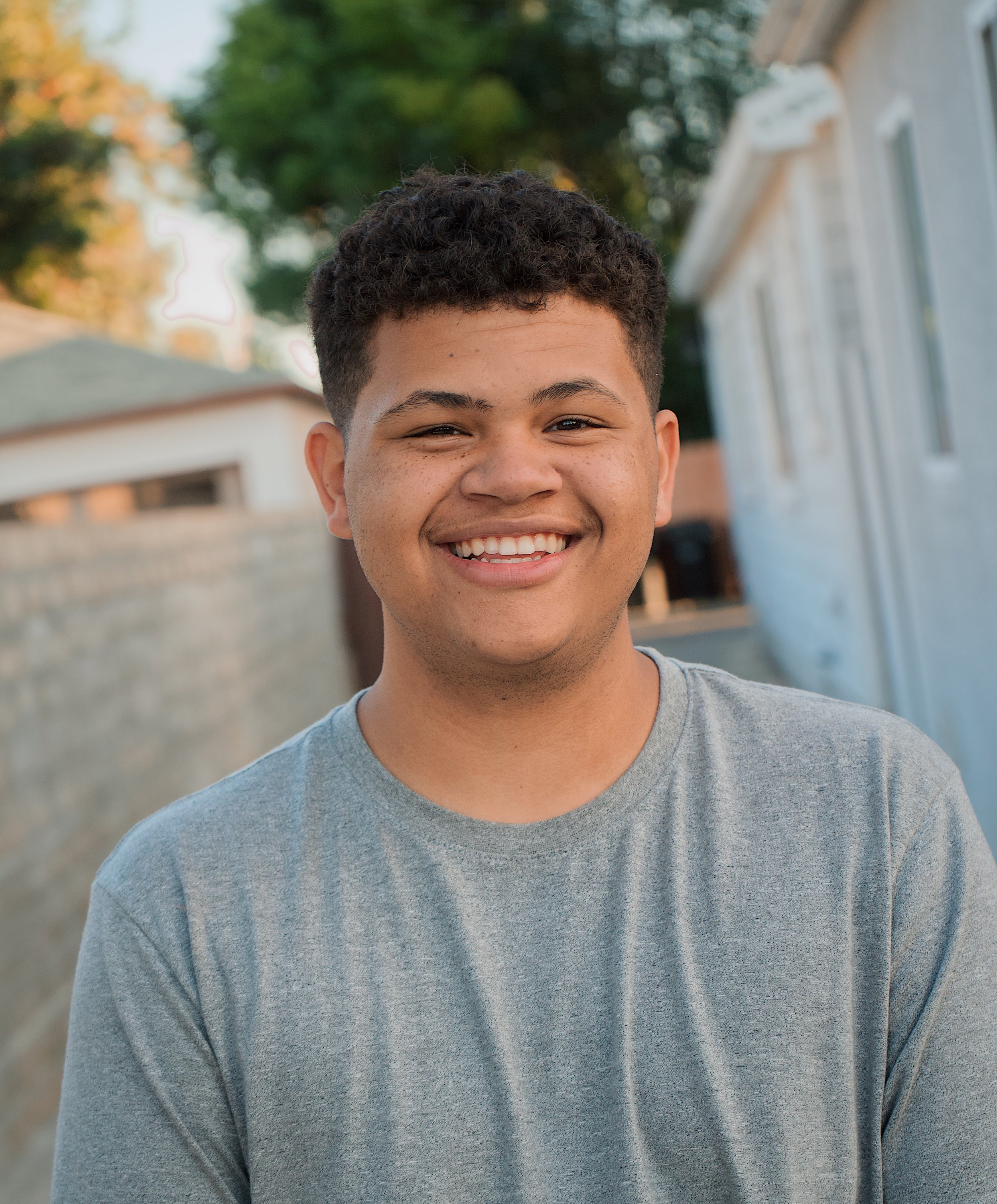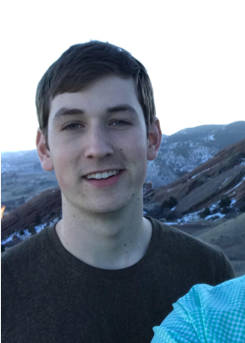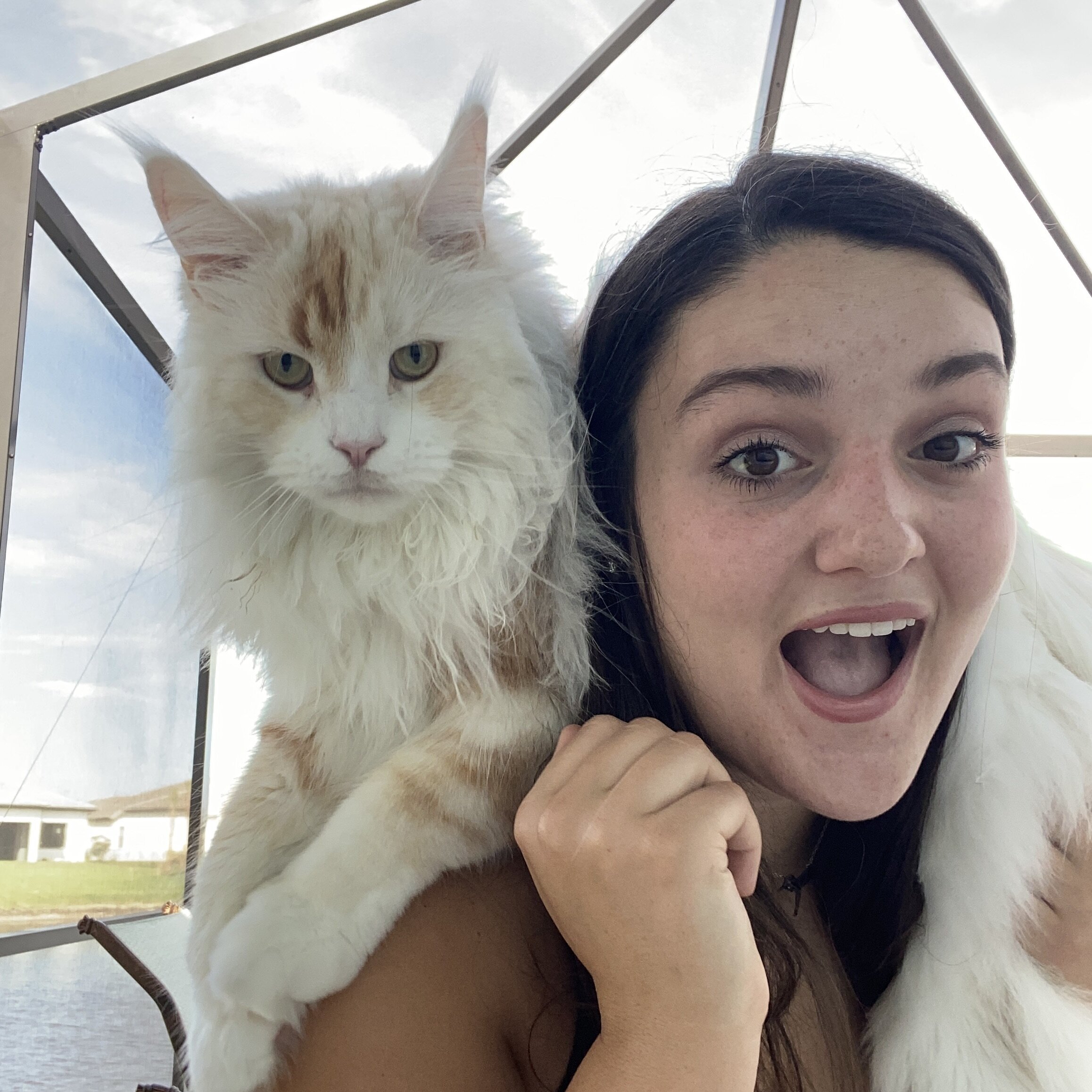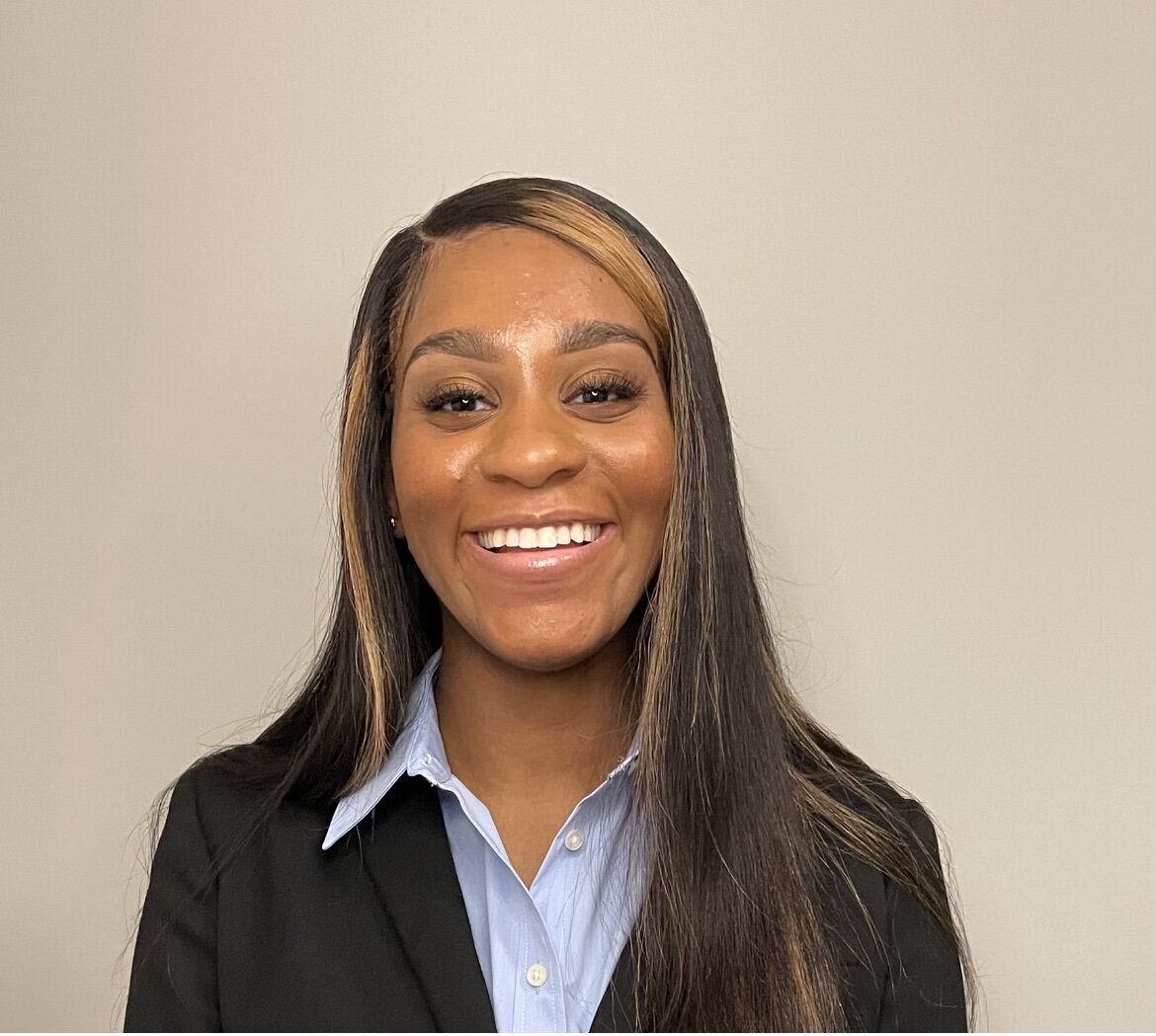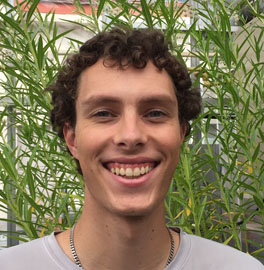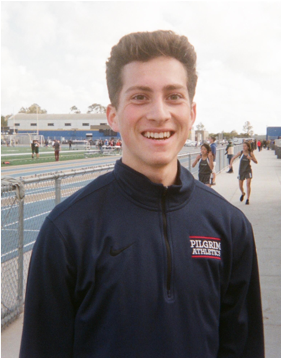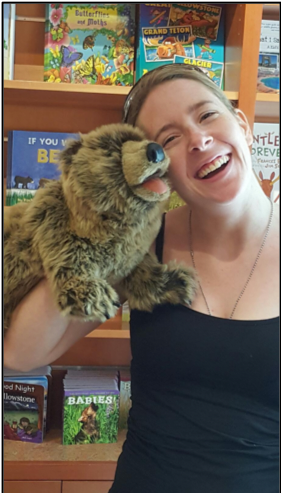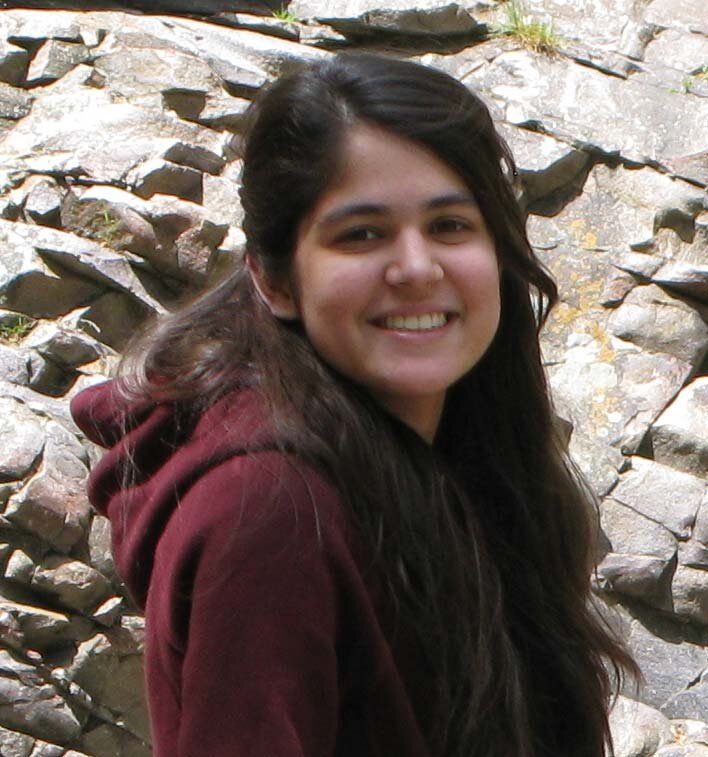Teaching
** Stay tuned for teaching updates from Davidson **
Prior to Davidson, I decided to forgo a traditional postdoctoral experience and instead became an NIH-IRACDA fellow. My fellowship gave me the amazing opportunity to directly motivate and inspire the next generation of underrepresented scientists. I teach Parasitology at Spelman College, an all-female historically Black college founded in Atlanta in 1881.
Spelman is a global leader in the education of women of African descent and is dedicated to the intellectual, creative, ethical, and leadership development of its students. Home to 2,100 students, Spelman empowers the whole person and inspires a commitment to positive social change through academic excellence in the liberal arts and sciences. Designated by the Department of Defense as a Center of Excellence for Minority Women in STEM, Spelman is the country's leading producer of Black women who complete Ph.D.s in science, technology, engineering and math. Spelman has been ranked the #1 HBCU in the country for 12 years in a row.
Desert ecology field course at White Sands National Park, NM.
During my PhD, I was a co-instructor of Desert Ecology, an intense three-week long field course. Desert Ecology took 12 undergraduates to all four deserts of North America: Great Basin, Mojave, Sonoran, and Chihuahuan. The course centered around independent projects. In each desert, pairs of students would come up with a testable question and use various materials at their disposal to test a hypothesis in the field. This allowed them to not only be creative but showed students how to collect and analyze data in real time. The nature of the course allowed for deep level interactions with each student, an experience that is truly unique to field courses.
In addition, I served as a traditional teaching assistant for various undergraduate-level courses, which include Introduction to Biology, Ecology and Evolution of Parasites and Pathogens, Advance Field Ornithology, and Human Evolutionary Genetics.
Mentoring
I have been fortunate enough to mentor 28 outstanding undergraduate researchers. These undergrads come from a large diversity of backgrounds and experiences, ranging from a Deferred Action for Childhood Arrival (DACA) recipient, to a Mormon missionary father of two in Utah. Despite these various backgrounds, research was a common endeavor we could all focus on together. I take pride in viewing undergrads as colleagues, and not as technicians to do “grunt” work. In fact, many of the most critical methods developed during my PhD and postdoc involved 100% undergrad ingenuity. To date, 14 of the 28 undergrads I have mentored are coauthors on peer-reviewed publications.
Zoom laughs with Synéja Richards (top) and Whitney Holmes (bottom) of Spelman College
Zoom Mentoring
Mentoring in the time COVID has presented many challenges and has forced us to adapt our mentoring styles. I’ve continued to meet and conduct experiments with as many undergrads as possible. This has been a fun and interesting experience that has taught me a lot about my students. We design experiments together on Zoom, I execute our plan in the lab, and the students analyze the data. My ultimate goal is to give students the experience of conducting basic research from start to finish despite their inability to be in the lab.
Mentees
I have been so fortunate to mentor amazing undergraduates at Utah, Emory, and Spelman. Each of these students conducted their own independent projects. Half are co-authors on peer reviewed publications.
Outreach
One of the best parts about working with monarchs and pigeons is how adorable they are! The charismatic creatures provide unique outreach opportunities to educate primary school students on artificial selection, functional morphology, behavior, and parasites.
Talking about the wonders of monarch migration with Spanish immersion 2nd graders at Grove Elementary School in Humble, TX.
Showing students at Uintah Elementary School an “African Owl”, a breed of pigeon selectively bred to have short beaks.
